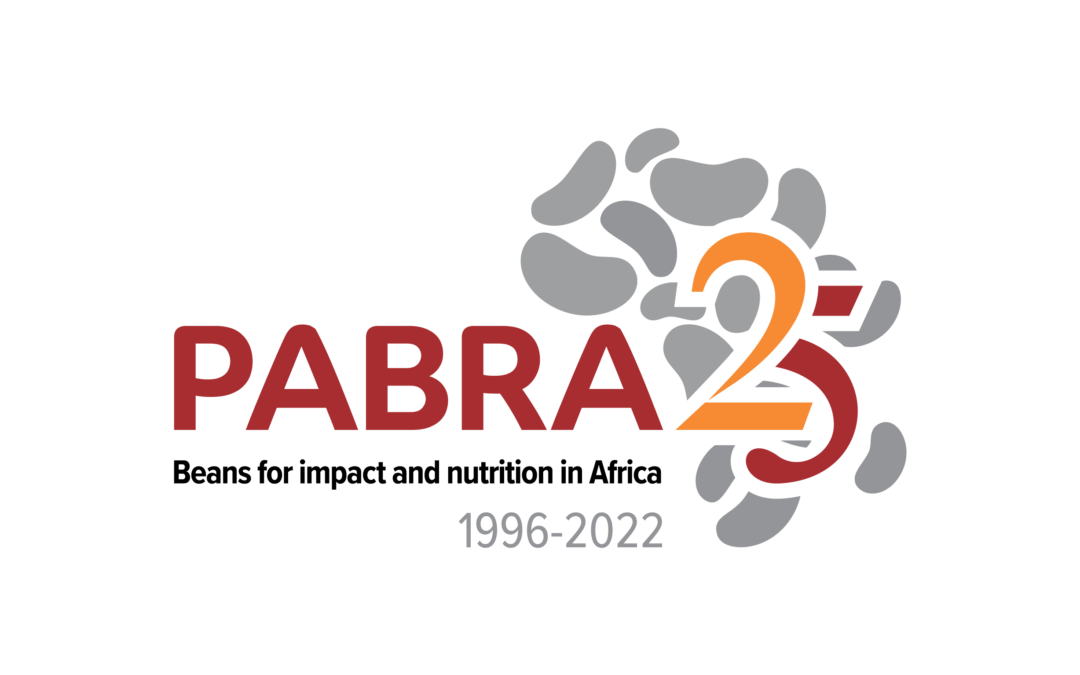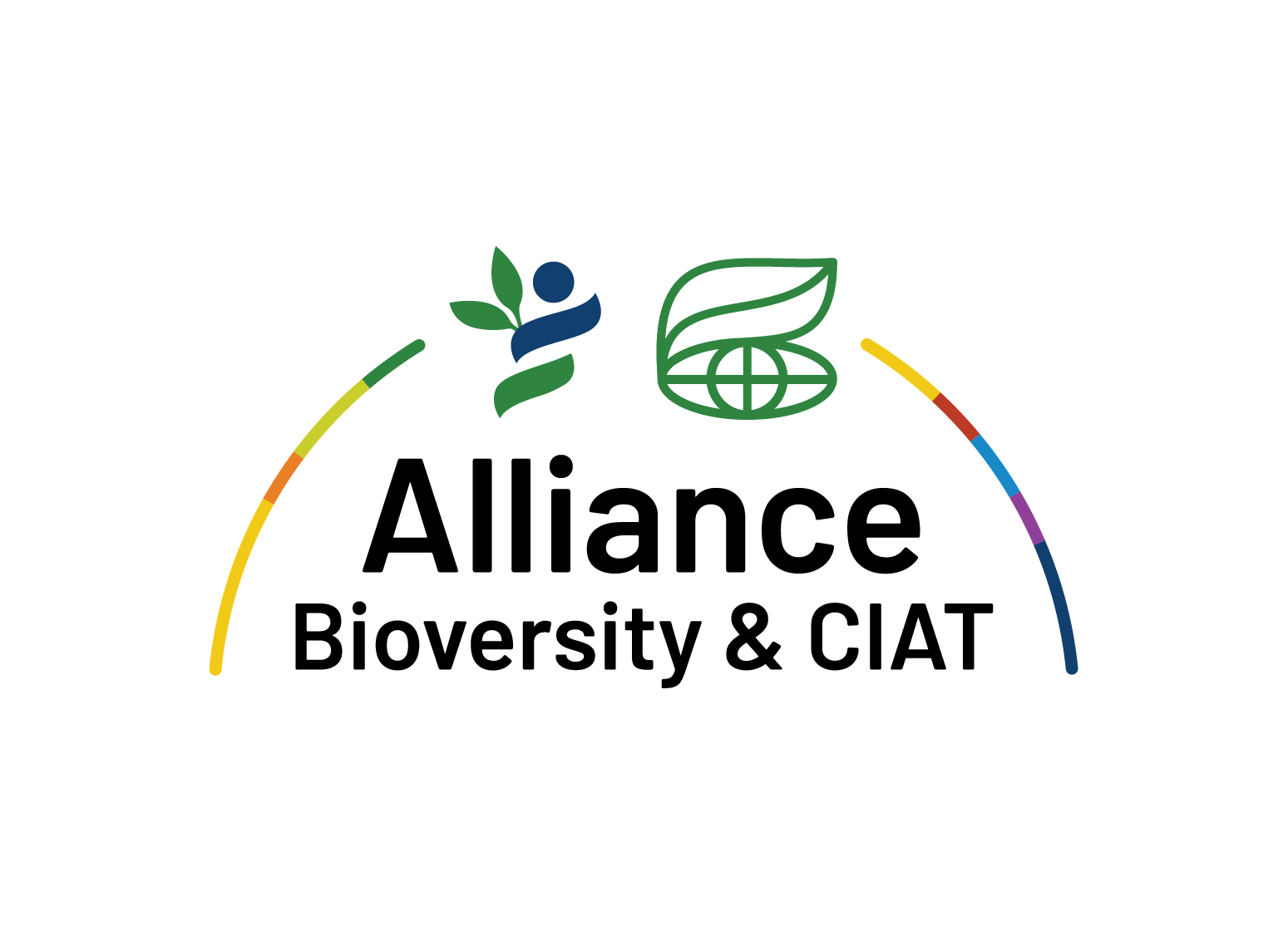FOR IMMEDIATE RELEASE
August 2023
Media Advisory
CALL FOR MORE POLICY COVERAGE TO CAPTIVATE THE FULL POTENTIAL OF BEANS, COWPEAS, AND PIGEON PEAS (BCP) VALUE CHAINS
LILONGWE, Malawi – The Pan African Bean Research Alliance (PABRA) program, operating under the Alliance of Bioversity International and International Center for Tropical Agriculture (Alliance) is implementing a project titled, “Improving Incomes and Nutrition Security Through Development and Commercialization of Consumer Preferred Processed Legume-based Products in Malawi and Zambia”. The project is managed by the Feed the Future Innovation Lab for Legume Systems Research led by Michigan State University which is funded by the United States Agency for International Development (USAID) through Feed the Future, the U.S. Government’s global hunger and food security initiative. In Malawi, the project is implemented through collaboration with Lilongwe University of Agriculture and Natural Resources (LUANAR) and the Department of Agricultural Research Services (DARS). PABRA works in partnership with farmers; rural communities; governments; non-governmental organizations (NGOs); and private sector organizations, including traders to improve the bean value chain and influence policy, from production to market, using a market-led approach. Through PABRA’s interventions, more farming households have access to improved and marketable bean varieties, new crop management techniques, micronutrient rich bean-based products, niche market varieties and products, and bean related skills and knowledge that assist to increase incomes and boost food and nutrition security. The project is currently building capacity of micro, small and medium enterprises (MMSEs) involved in beans processing, value-addition, and commercialization across Malawi. The project plans to extend coverage to cowpeas and pigeon peas processing which are also currently limited among MSMEs.
The Project’s Impact
One of the project activities is to review policies, strategies and other regulatory documents to establish a level of incorporation of production, processing, value addition and commercialization of beans, cowpeas and pigeon peas (BCP). Consequent to this, the project seeks to establish programs, activities, strategies, and efforts that exist to promote BCP value chains. The legume-based food processing sector is generally underdeveloped in Malawi and is largely carried out by MSMEs who have limited capacity to deliver due to several challenges, such as limited investments and infrastructure, unavailability of quality raw materials, lack of market information on consumer demand, inadequate knowledge on consumer preferences, product formulation, processing and packaging, and insufficient knowledge on food safety standards. The sight of imported legume-based products in Malawian markets implies that there is a demand and a market for BCP products. For every sector to flourish, the government needs to create a conducive policy environment that can stimulate development of a sector. It is obvious that many value chains have developed due to government’s involvement and commitment. Therefore, this review was carried out to establish the role existing policies play or not play in developing BCP value chains.
Policy Review Outcomes
Thirteen existing policies, strategies and plans were reviewed under the Ministry of Agriculture and Food Security (MoAFS), Ministry of Trade and Industry (MoTI), Ministry of Economic Planning and Development (MoEPD), and Ministry of Health (MoH). The review observed that many policies are either silent or very passive in terms of promoting BCP along all stages of the value chain. In terms of production, soybeans and groundnuts receive disproportionately more governance and financial support. Again, largely, most production efforts by the government goes to maize crop, which is a staple food in Malawi. Usually, this scenario translates into limited support to BCP. This results into low BCP market supply making them expensive to meet and sustain supply of raw materials for MSMEs. When available, they are mostly sold raw because most MSMEs have limited skills to process and add value. In fact, results from a Rapid Market Assessment (RMA) survey that was conducted in Malawi, revealed that about half of the MSMEs do not know any bean-based processed products. Market is dominated by imported products even for the relatively well developed value chains of soybeans and groundnuts. Peanuts and flour blends are either produced in small volumes to meet export requirements or have safety concerns to comply with international standards. This distorts the growth trajectory and leaves MSMEs confined to marketing and selling their products locally. Limited focus on increasing legume production by the government as evidenced by the passive approach or unclear strategies to stimulate growth in the sector may partly explain the underdeveloped legume processing sector in Malawi. Developing this sector has potential to stabilize the economy that is currently in negative trade balance.
Existing Opportunities
The Government of Malawi has continuously shown commitment to develop MSMEs through the launch of the Buy Malawi Strategy (BMS) in 2016, which encourages Malawians to ensure that 30% of products and services are purchased from local providers. Again, recently, the Agriculture Commercialization Project (AGCOM) started supporting MSMEs in processing and value-addition of their produce and some cooperatives have been supported with warehousing services. It is also encouraging that some cooperatives have been pre-certified by Malawi Bureau of Standards (MBS), while others are yet to meet certification requirements. While this is a good political will, progress has been slow because many Malawians still prefer imported goods citing poor quality of locally produced goods and services. The National Export Strategy II (NESII) and the Malawi 2063 (including the Malawi 10 Year Implementation Plan- MIP1) have all placed agro-processing, including processing of legumes, as a priority. The NESII has reported that international markets for legumes exist in India, USA, UAE, South Africa and Zimbabwe. It is therefore hoped that in the next decade, Malawi expects its agro-food processing sector to develop and produce quality products for both domestic and international markets. Domestically, the School Feeding Programme (SFP) would provide the market for MSMEs who can process high quality foods. This will require government intervention to develop frameworks that would encourage and empower MSMEs to supply to government programs such as SFP and Relief Aid during disasters. However, in the absence of policy direction and clearly spelt strategies to develop this sector, it is expected that very little will be achieved. The current policy environment, especially on strategies, plans, actions, and implementation is inadequate to promote production, processing, values addition and commercialization of BCP-based processed products because it favours other values chains, such as maize, soybeans and groundnuts. Unfortunately, these are mostly exported in raw form. Due to climate change, Malawi frequently experiences drought and dry spells that significantly reduce crop yields. The BCP are more resilient to dry spells and could offer an avenue for achieving food and nutrition security as the country faces unprecedented dry spells in different parts.
Looking Ahead
The existing developmental potentials of various crop value chains will turn into realities in countries with more focusedpolicies and strategies that will aim at promoting not only production but also processing and value addition of beans and peas. Deliberate efforts on promoting production of BCP will increase supply and make raw materials affordable for local MSMEs, which will consequently stimulate processing and value addition. To achieve and sustain this, there is a need to develop national frameworks for specific potential value chains through which MSMEs could operate and be supported by doing the following: a) increasing investment in production of neglected legumes to increase supply. There should be deliberate effort by government to incentivise the production of BCP now that markets exist both domestically and internationally.; b) development of specific strategies for promotion of high value legumes from production, processing, value-addition and marketing.; c) introduction of quota on import of processed foods that can easily be produced in Malawi to create market for locally produced products; d) train MSMEs in processing and value addition of bean-based legumes through already existing structures, such as SMEDI. The training should extend to grooming MSMEs to meet MBS certification requirements; e) extend coverage of AGCOM project support or loan provision to more cooperatives or farmer groups that process and add value to BCP. ; f) sensitize consumers on importance of buying locally processed foods; and g) inclusion of beans and peas production in the mega farms initiative to increase supply; h) government should develop frameworks that would enable MSMEs to supply to SFP and Relief Aids when disaster strikes.
About Feed the Future
Feed the Future is America’s initiative to combat global hunger and poverty. It brings partners together to help some of the world’s poorest countries harness the power of agriculture and entrepreneurship to jumpstart their economies and create new opportunities. For more information, visit feedthefuture.gov.
This research was made possible through support provided by the U.S. Agency for International Development (USAID) under the Feed the Future Innovation Lab for Legume Systems Research. The opinions expressed herein are those of the project and do not necessarily reflect the views of USAID or the United States Government.
Media contacts;
Robert Fungo, (PhD)
Alliance of Bioversity International & CIAT,
Phone: +256 414 566 415 / +256 772466911
Email: r.fungo@cgiar.org
###


